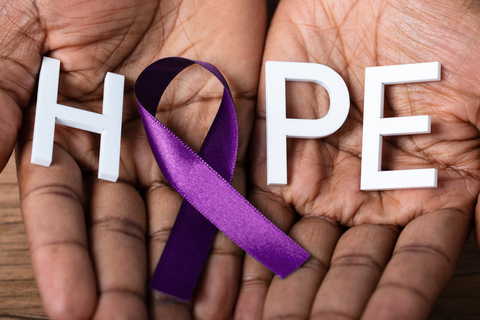Ethnicity
Changes in dental visits and oral health for children by race and ethnicity during the COVID-19 pandemic
Background:
The COVID-19 pandemic created new barriers to oral health care, which may worsen oral health and exacerbate disparities....
Gastric Cancer Survival Differs by Race and Ethnicity
TOPLINE:
Overall survival among US patients with resected stage II or III gastric cancer differs by race and ethnicity, with Asian and Hispanic pat...
Unmet treatment needs for mental health vary by child’s condition, race and ethnicity, study finds
A study, “Racial and Ethnic Disparities for Unmet Needs by Mental Health Condition: 2016-2021,” published in the January 2024 Pediatrics examines g...
Caregiver condition management and family functioning after pediatric cancer treatment: Moderation by race and ethnicity
Abstract
Objective
End of pediatric cancer treatment requires family adjustment. Caregivers who struggle to incorporate the child’s condition...
Keratinocyte Carcinoma Incidence by Race and Ethnicity in Older Adults With Medicare Coverage
doi: 10.1001/jamadermatol.2023.4643.
Online ahead of print.
Affiliations
Expand
...
Accuracy of patient race and ethnicity data in a central cancer registry
Purpose:
Race and Hispanic ethnicity data can be challenging for central cancer registries to collect. We evaluated the accuracy of ...
Trending Topics
Features
- Drive Toolkit
Download and distribute powerful vaccination QI resources for your community.
- Health Champions
Sign up now to support health equity and sustainable health outcomes in your community.
- Cancer Early Detection
MCED tests use a simple blood draw to screen for many kinds of cancer at once.
- PR
FYHN is a bridge connecting health information providers to BIPOC communities in a trusted environment.
- Medicare
Discover an honest look at our Medicare system.
- Alliance for Representative Clinical Trials
ARC was launched to create a network of community clinicians to diversify and bring clinical trials to communities of color and other communities that have been underrepresented.
- Reducing Patient Risk
The single most important purpose of our healthcare system is to reduce patient risk for an acute event.


















